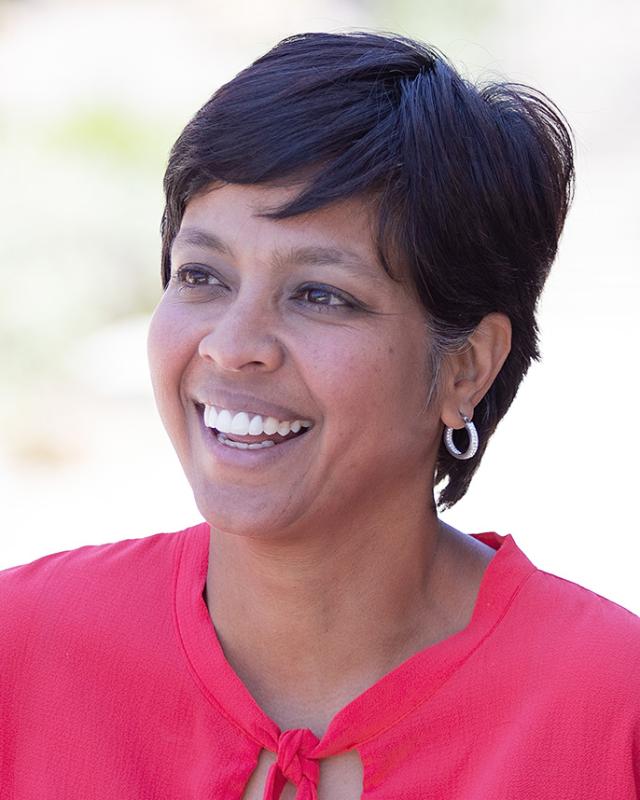
Department Seminar: Lihini Aluwihare
Title: Observing refractory dissolved organic matter composition through multiple analytical windows
Abstract: The major processes controlling the inventory of the largest reduced carbon reservoir in the ocean, dissolved organic matter (DOM), are unknown. The average radiocarbon age of marine DOM coupled with some evidence of a surface ocean photosynthetic source, have led us to conclude that this reservoir accumulates in the ocean on millennial timescales. Two overarching theories have been proposed for why DOM accumulates on these timescales. One theory considers that individual DOM compounds exist at too low of a concentration in the deep ocean to be efficiently utilized by heterotrophic bacteria. The other links the intrinsic chemical properties of DOM to its long term accumulation in the ocean. In order to determine the relative importance of these two mechanisms it is necessary to compare the chemical compositions of the more labile and more refractory components of DOM. In this talk I will discuss the approaches that we have been taking in my lab to better characterize marine DOM. Due to the complexity of DOM we have found that we need to observe the chemical structure of DOM using a variety of different analytical methods. Using these different approaches we are currently focusing on the importance of a specific class of biochemicals that we believe are transformed in the water column in ways that ultimately make them less bioavailable. The mechanisms responsible for transforming organic matter in the oxygenated water column could influence the subsequent processes that act to preserve compounds on geological timescales and are therefore relevant for understanding the pathways of CO2 sequestration in the marine environment.
